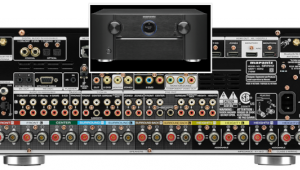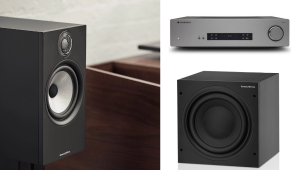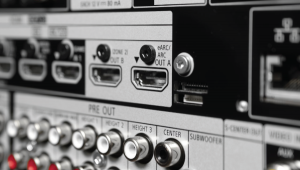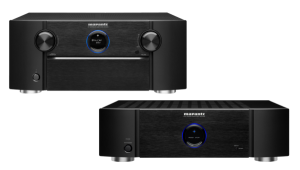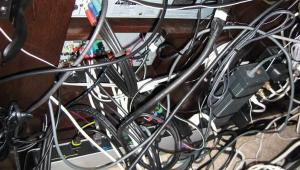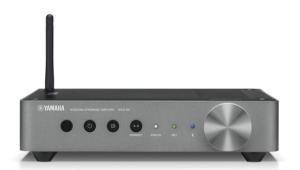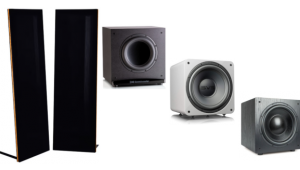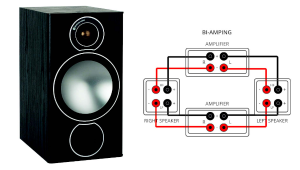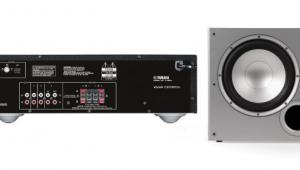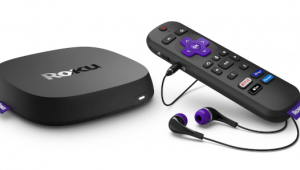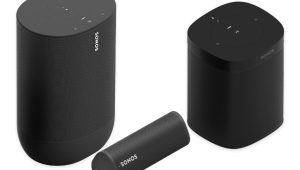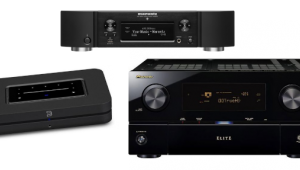I would add that 4K capable cable boxes sometimes have problems transmitting any signal if the AV receiver is HDCP 2.2 compliant but the TV is not.
One would think that the cable box would simply transmit 1080p in a situation where the cable box is 4k and HDCP 2.2, the receiver is 4k and HDCP 2.2, but the TV is only 1080p. Instead, many cable boxes refuse to send the signal, period. The necessary work-around is to connect the cable box direct to the TV, so that the 1080p signal is sent, with audio being sent by the TV to the receiver by ARC. It's stupid, but necessary.
This is the case with the cable boxes (PVRs) used by Telus Optik TV, for example (Actiontec). As I understand, a software fix could resolve this problem, but no one has bothered to implement it. In my case the new 4K PVR sent a 1080p signal perfectly fine to my old receiver which then sent it to the TV, but as soon as the receiver was swapped out for a 4k HDCP compliant receiver it would not.
So, that could also be the source of problems. A cable box may not send a 4K signal, or any signal, if every unit in the chain is not HDCP 2.2 compliant.
Do I Need a New Cable Modem/Router for Ultra HD?
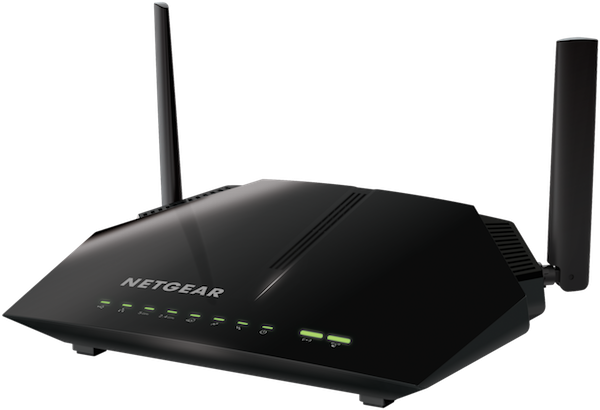
Q I’m having trouble getting a picture from my cable box when running it through a HDCP 2.2-compliant AV receiver. I’m thinking that the problem might be the cable modem/router attached to my system, which is more than 10 years old. Is there such a thing as a HDCP 2.2-compliant cable modem/router, or could the problem lie elsewhere? —Bill Ferguson
A There is no such thing as an HDCP 2.2-compliant router—your problem lies elsewhere.
HDCP 2.2 is hardware-based content protection designed specifically to prevent copying of 4K/Ultra HD video carried over an HDMI 2.0 connection. To view 4K, all equipment in the signal chain, from the source (an Ultra HD Blu-ray player, streamer, or set-top box) to the switcher (an AV receiver or preamp/processor) to the video display are required to have HDMI 2.0 connections that support HDCP 2.2. If one component—a TV, for example—lacks HDCP 2.2 support, the system will fail to provide the proper “handshake” required to transmit 4K video from one device to the next, and you won’t see a picture.
Although HDCP 2.2 is necessary for routing 4K/Ultra HD video, it isn’t required for regular high-definition programs, which should pass from your cable box through your HDCP 2.2-compliant AV receiver to your TV without a hitch. While both Dish and DirecTV currently offer 4K channels, I’m not aware of any cable TV providers (in the U.S., at least) that offer 4K content. So, if you’re having trouble watching the regular HD channels that your service provides, I’m guessing the issue is with your cable box.
In the meantime, if you get high-speed internet service from your cable provider, you should be able to stream 4K video from Netflix, Vudu, Amazon Video, and other online content providers directly to the TV. Older cable modem/routers such as yours might not provide the necessary bandwidth to support 4K streaming, however, especially if you’re using the router as your Wi-Fi access point. (A newer DOCSIS 3.1 modem and 802.11ac router, along with an internet connection supporting 25 megabits per second or faster download speeds is recommended to stream 4K video.) My advice: When you call your cable company to complain about the cable box, ask them about upgrading to a new modem/router as well.
- Log in or register to post comments

